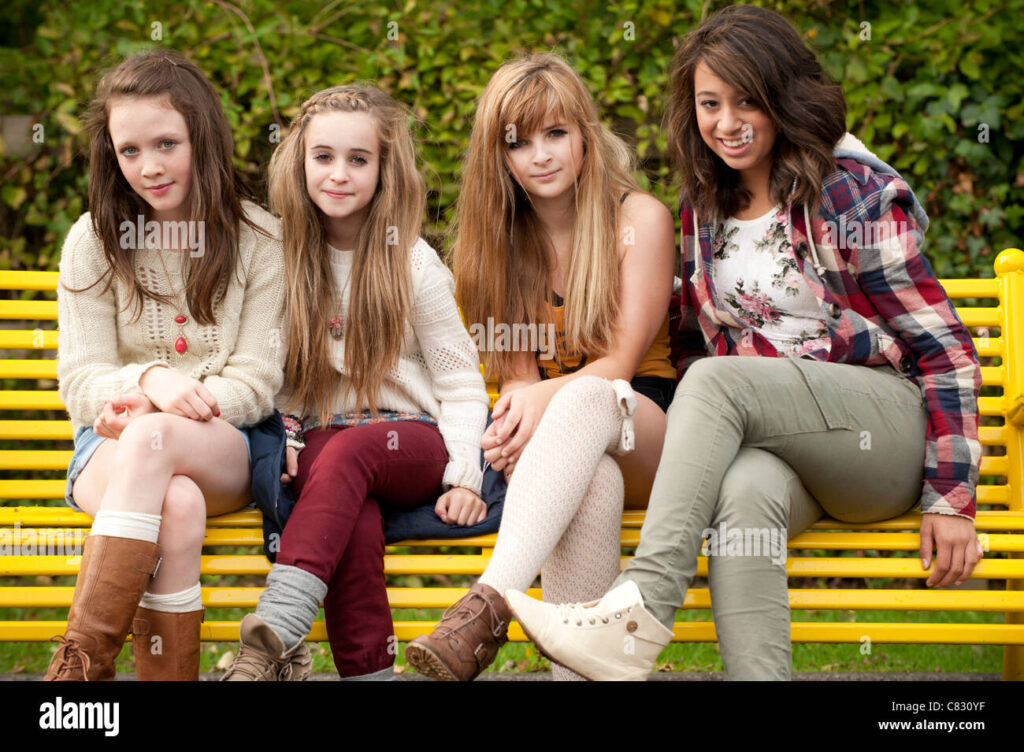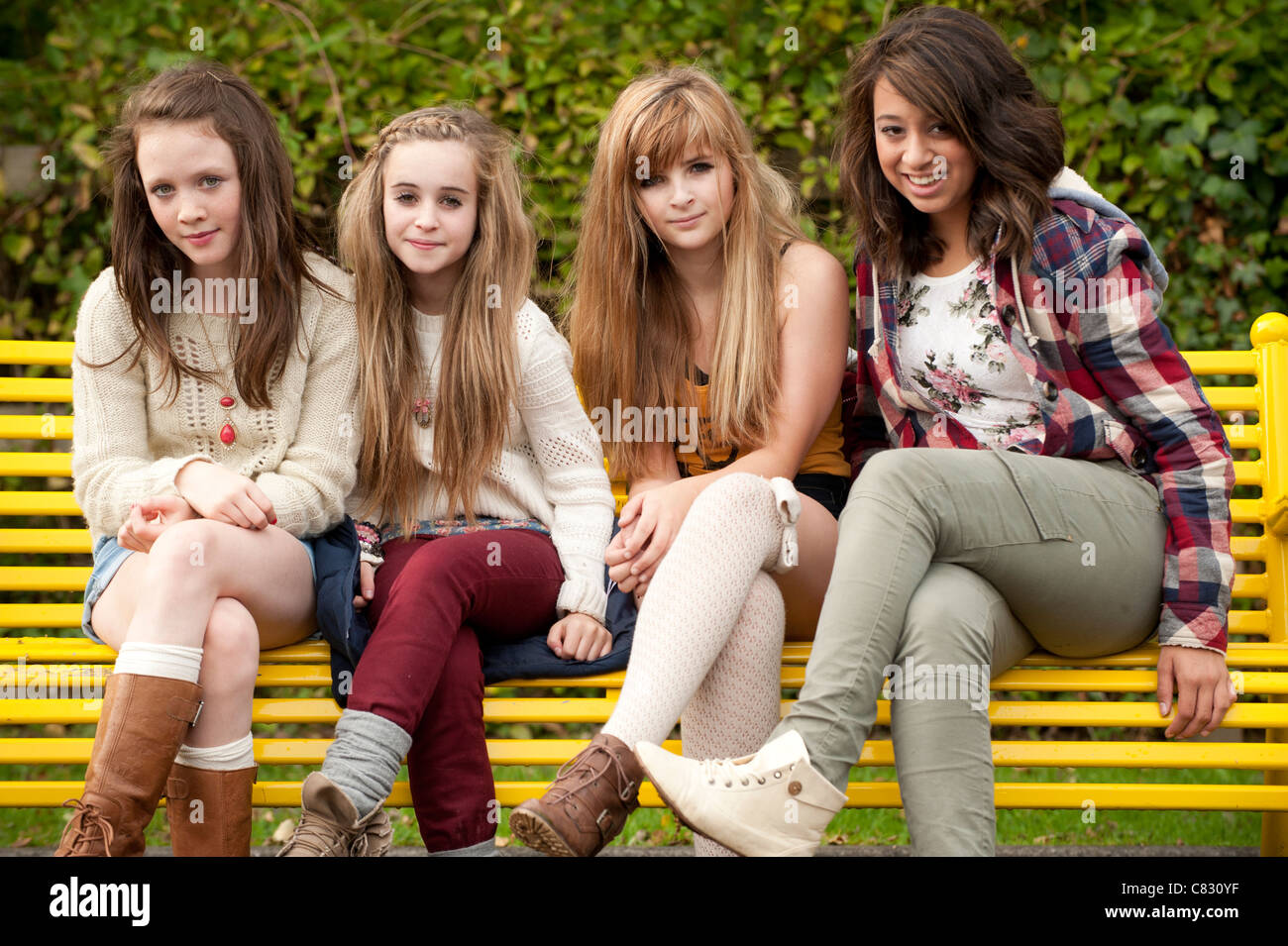
What 13 Year Olds Do: Navigating Adolescence in the 21st Century
Thirteen. It’s a pivotal age, a bridge between childhood innocence and the burgeoning complexities of adolescence. Understanding what 13 year olds do, think, and experience is crucial for parents, educators, and anyone involved in shaping the next generation. This article delves into the multifaceted lives of teenagers, exploring their activities, challenges, and evolving identities.
The Digital Landscape
The digital world is integral to the lives of most 13 year olds. Smartphones, tablets, and computers aren’t just gadgets; they’re portals to social connection, entertainment, and information. Social media platforms like Instagram, TikTok, and Snapchat are central to their social lives. They use these platforms to connect with friends, share experiences, and express themselves creatively. Gaming, both online and offline, is also a significant pastime. Titles like Fortnite, Minecraft, and Roblox offer immersive experiences and opportunities for social interaction.
Social Media’s Influence
While social media offers numerous benefits, it also presents challenges. Cyberbullying, online harassment, and unrealistic beauty standards are pervasive issues. 13 year olds are particularly vulnerable to these pressures, as they are still developing their sense of self and self-esteem. Parents and educators need to be aware of these risks and provide guidance on safe and responsible online behavior. Encouraging critical thinking about the content they consume and promoting healthy online habits are essential.
Gaming and Online Communities
Gaming provides a sense of community and accomplishment for many 13 year olds. Online multiplayer games allow them to collaborate with friends, develop problem-solving skills, and compete in a virtual environment. However, excessive gaming can lead to addiction, social isolation, and neglect of other responsibilities. Setting time limits, encouraging physical activity, and fostering offline social interactions are crucial for maintaining a healthy balance.
Academic Pursuits and Extracurricular Activities
School remains a central focus for 13 year olds. They are typically in the early years of secondary education, navigating more complex academic subjects and increased expectations. Homework, tests, and projects consume a significant portion of their time. Many also participate in extracurricular activities, such as sports, music, drama, and clubs. These activities provide opportunities for personal growth, skill development, and social interaction.
The Pressure to Succeed
The pressure to succeed academically can be intense for 13 year olds. They may feel pressured to get good grades, excel in extracurricular activities, and prepare for future educational opportunities. This pressure can lead to stress, anxiety, and burnout. It’s important for parents and educators to emphasize the importance of effort, perseverance, and a growth mindset, rather than solely focusing on outcomes. Creating a supportive and encouraging learning environment is crucial for fostering academic success and well-being.
Exploring Interests and Talents
Extracurricular activities allow 13 year olds to explore their interests and talents outside of the classroom. Sports provide physical activity, teamwork skills, and a sense of accomplishment. Music and drama foster creativity, self-expression, and confidence. Clubs and organizations offer opportunities to connect with like-minded peers and pursue shared interests. Encouraging 13 year olds to participate in activities they enjoy can enhance their overall well-being and provide a sense of purpose.
Social Development and Relationships
Social development is a critical aspect of adolescence. 13 year olds are navigating complex social dynamics, forming friendships, and developing romantic interests. Peer relationships become increasingly important, and the desire to fit in and be accepted is strong. They may experiment with different social roles and identities as they try to figure out who they are and where they belong.
The Importance of Friendship
Friendships provide emotional support, companionship, and a sense of belonging. 13 year olds rely on their friends for advice, encouragement, and validation. They learn social skills, such as communication, cooperation, and conflict resolution, through their interactions with peers. Healthy friendships can buffer against stress, promote self-esteem, and contribute to overall well-being. [See also: Navigating Teen Friendships: A Guide for Parents]
Navigating Romantic Relationships
Romantic relationships are a common experience for 13 year olds, although they may take different forms. Some may have crushes, while others may engage in dating relationships. These early romantic experiences can be exciting and confusing, as they navigate new emotions and social dynamics. Providing guidance on healthy relationships, consent, and communication is essential. [See also: Talking to Your Teen About Dating and Relationships]
Physical and Emotional Changes
Adolescence is a time of significant physical and emotional changes. 13 year olds are undergoing puberty, experiencing hormonal shifts, and developing adult physical characteristics. These changes can be confusing, embarrassing, and even overwhelming. They may also experience mood swings, increased self-consciousness, and a heightened awareness of their bodies.
Understanding Puberty
Educating 13 year olds about puberty is crucial for helping them understand and cope with the physical and emotional changes they are experiencing. Providing accurate information about body development, menstruation, and sexual health can reduce anxiety and promote self-acceptance. Creating a safe and open environment for them to ask questions and express their concerns is essential. [See also: Puberty: A Guide for Teens and Parents]
Coping with Emotional Challenges
Adolescence can be a challenging time for emotional well-being. 13 year olds may experience stress, anxiety, depression, and other mental health issues. It’s important for parents and educators to be aware of the signs of mental health problems and provide support and resources. Encouraging open communication, promoting healthy coping mechanisms, and seeking professional help when needed are crucial for supporting their emotional well-being. Recognizing that what 13 year olds do can be influenced by their emotional state is key.
The Importance of Parental Involvement
Parental involvement is crucial for supporting 13 year olds as they navigate adolescence. Parents play a vital role in providing guidance, setting boundaries, and fostering a healthy and supportive home environment. Staying involved in their children’s lives, communicating openly, and providing unconditional love and support can make a significant difference in their well-being and development.
Setting Boundaries and Expectations
Setting clear boundaries and expectations is essential for providing 13 year olds with a sense of security and structure. These boundaries should be age-appropriate, reasonable, and consistently enforced. Involving them in the process of setting boundaries can promote a sense of ownership and responsibility. [See also: Setting Healthy Boundaries with Teenagers]
Open Communication and Support
Open communication is key to maintaining a strong relationship with 13 year olds. Creating a safe and non-judgmental environment for them to share their thoughts, feelings, and concerns is essential. Listening actively, validating their emotions, and offering support and guidance can strengthen the parent-child bond and promote trust. Understanding what 13 year olds do in their daily lives requires active listening and engagement.
Conclusion
Understanding what 13 year olds do is essential for supporting their growth and development. By recognizing the challenges and opportunities they face in the digital landscape, academic pursuits, social relationships, and physical and emotional changes, parents, educators, and communities can provide the guidance and support they need to thrive. Fostering open communication, setting healthy boundaries, and promoting a supportive environment are crucial for helping 13 year olds navigate the complexities of adolescence and develop into healthy, happy, and well-adjusted adults. Knowing what 13 year olds do helps build a stronger foundation for their future. This age is a critical time for shaping their identities and preparing them for the responsibilities and opportunities that lie ahead. As they navigate the challenges and joys of being a 13-year-old, remember that empathy, understanding, and consistent support are the most valuable tools we can offer.

